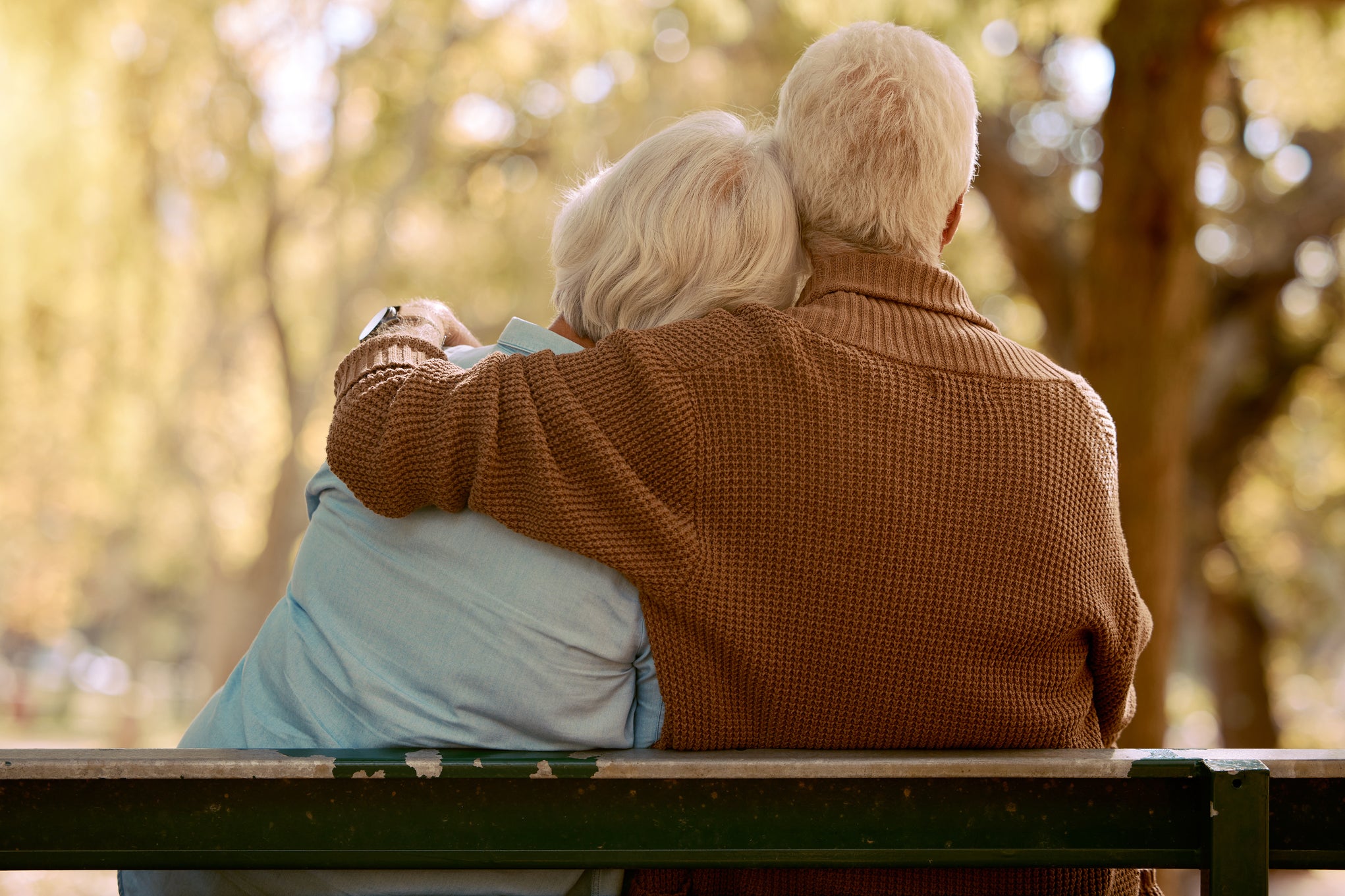
Exposure to nature can help people feel less pain, offering a new pathway to pain management, a study suggests.
Researchers found that viewing natural scenes, compared to urban or indoor environments, can alter the brain's response to pain and reduce its perceived intensity.
The study, conducted by scientists from the Universities of Exeter and Vienna, involved 49 participants who received minor electric shocks while viewing videos of various settings.
Brain scans revealed a decrease in activity associated with pain perception when participants watched videos of natural landscapes, as opposed to videos depicting cityscapes or office interiors.
The pain-reducing effects observed were about half as potent as typical painkillers.
However, the findings offer promising potential for developing alternative pain management strategies, the researchers said.
Participants also reported experiencing less pain while immersed in the natural scenes.

The study’s lead author Max Steininger, a PhD student at the University of Vienna, said: “Numerous studies have shown that people consistently report feeling less pain when exposed to nature.
“Yet until now, the underlying reasons for this effect were unclear.
“Our study is the first to provide evidence from brain scans that this isn’t just a ‘placebo’ effect – driven by people’s beliefs and expectations that nature is good for them – instead, the brain is reacting less to information about where the pain is coming from and how intense it feels.”
Mr Steininger said the findings, published in Nature Communications, suggest “the pain-relieving effect of nature is genuine”.
“People in pain should certainly continue taking any medication they have been prescribed,” he said.
“But we hope in future alternative ways of relieving pain, such as experiencing nature, may be used to help improve pain management.”
Dr Alex Smalley, of the University of Exeter, added: “This study highlights how virtual encounters can bring the healing potential of nature to people when they can’t get outside.
“But we hope our results also serve as renewed evidence for the importance of protecting healthy and functioning natural environments, encouraging people to spend time in nature for the benefit of both the planet and people.
“The fact that this pain-relieving effect can be achieved through a virtual nature exposure which is easy to administer has important practical implications for non-drug treatments, and opens new avenues for research to better understand how nature impacts our minds.”







